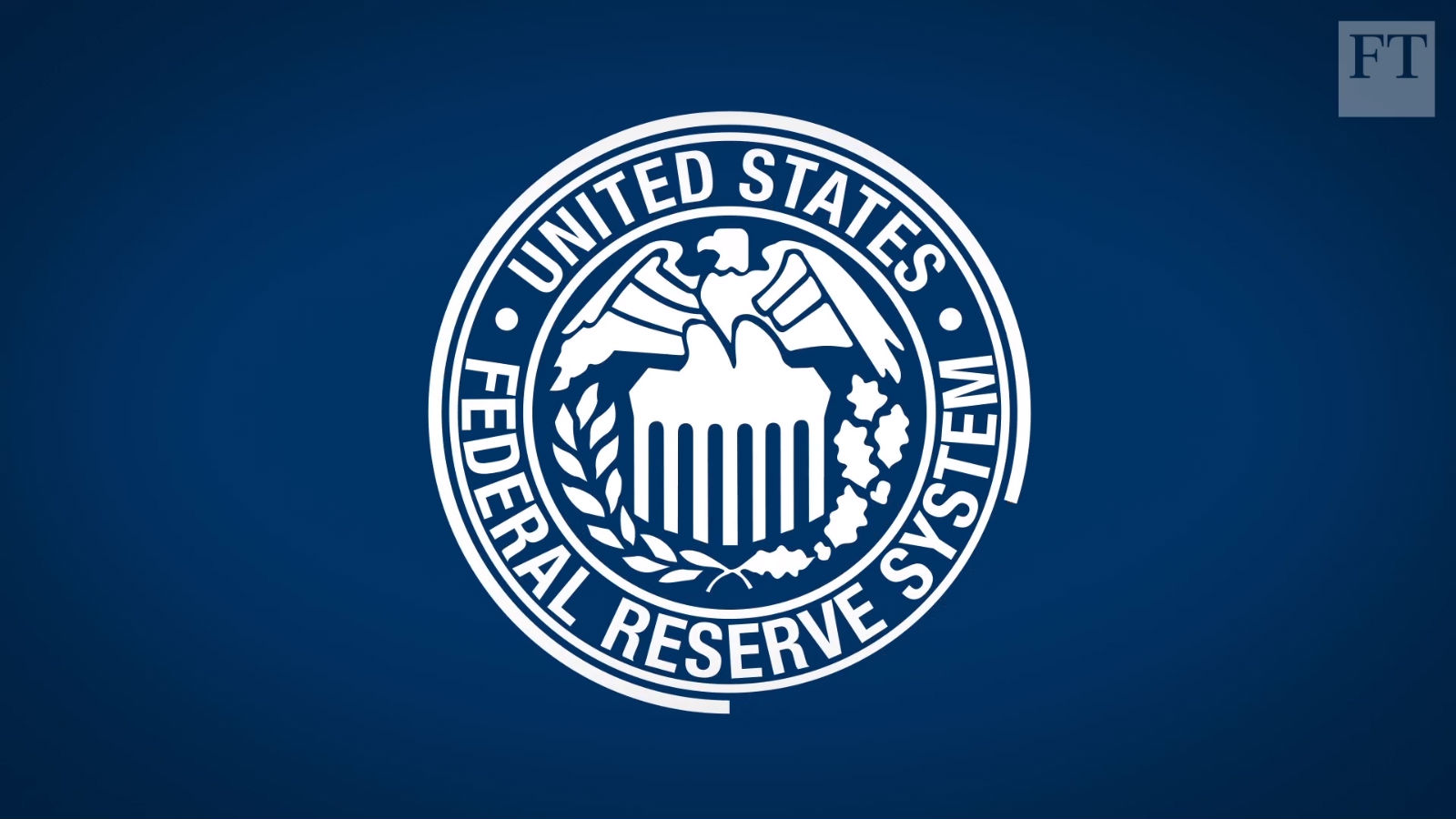What are leveraged loans and why do they have financial policymakers worried?

What are leveraged loans and why do they have financial policy makers worried? Among the trends that followed the 2008 financial crisis was the high level of interest from investors in buying leveraged loans — loans to poorly-rated, high-risk companies. This was in part because of the reduction in bond yields, but also because the interest rates on leveraged loans fluctuate along with other short-term interest rates, instead of being fixed like bonds.
Go for leveraged loans at your own risk: At over USD 1 tn, the loan market is now higher than high-yield bond market. But though they offer undeniable benefits, including greater flexibility for companies and the potential of huge returns for investors, the flip side is that many traditional investor protections have been abandoned, meaning that if these companies fail, the potential systemic economic risk is high.
This FT video breaks down why the IMF, the Fed and the Bank for International Settlements are amongst a cohort of policymakers sounding the warning bell on leveraged loans (watch, runtime 2:39).